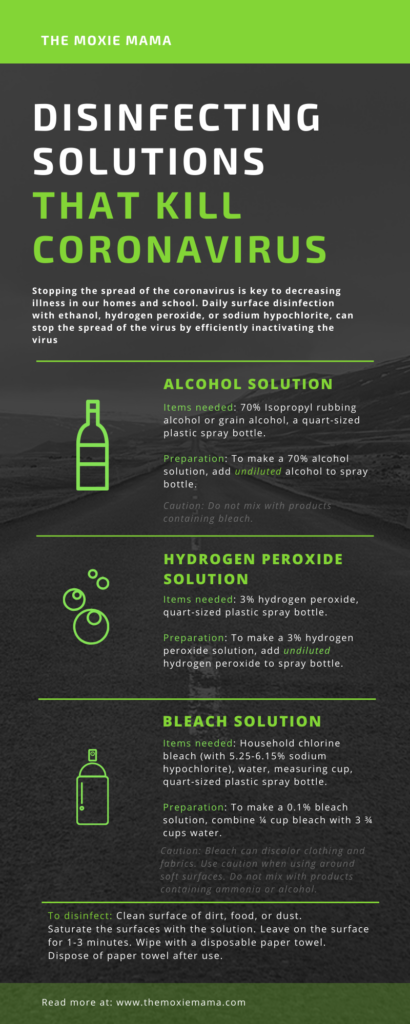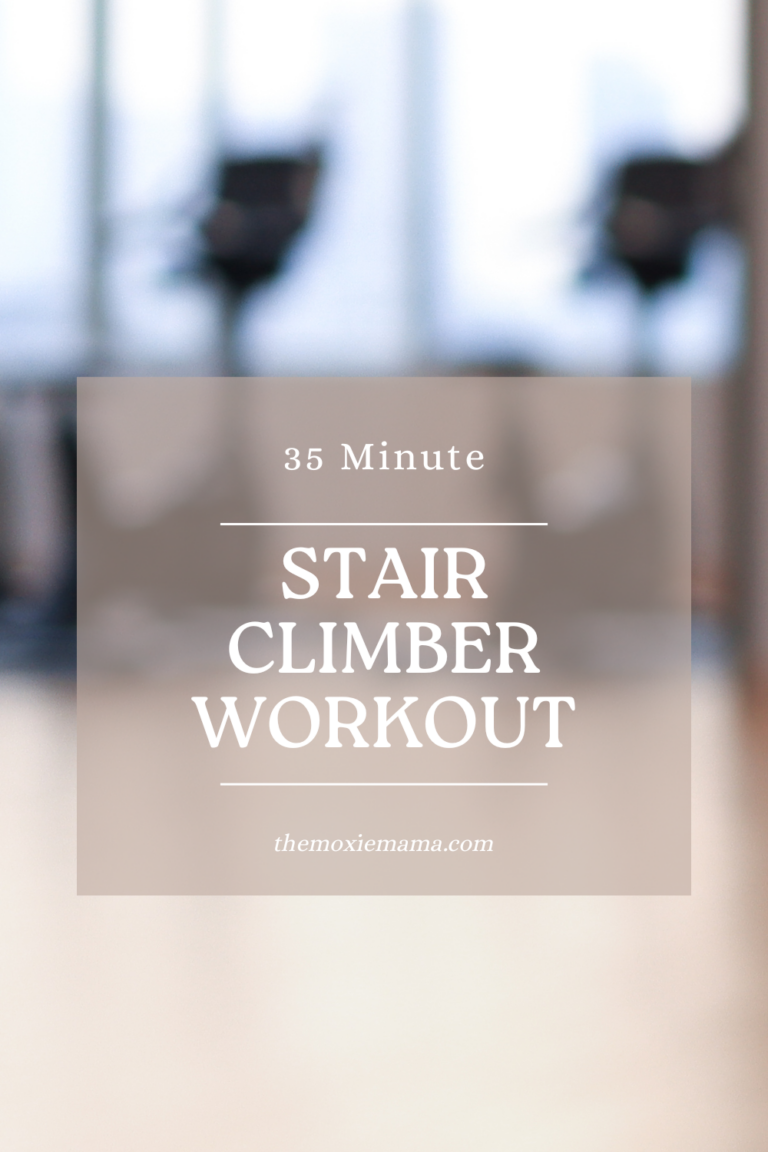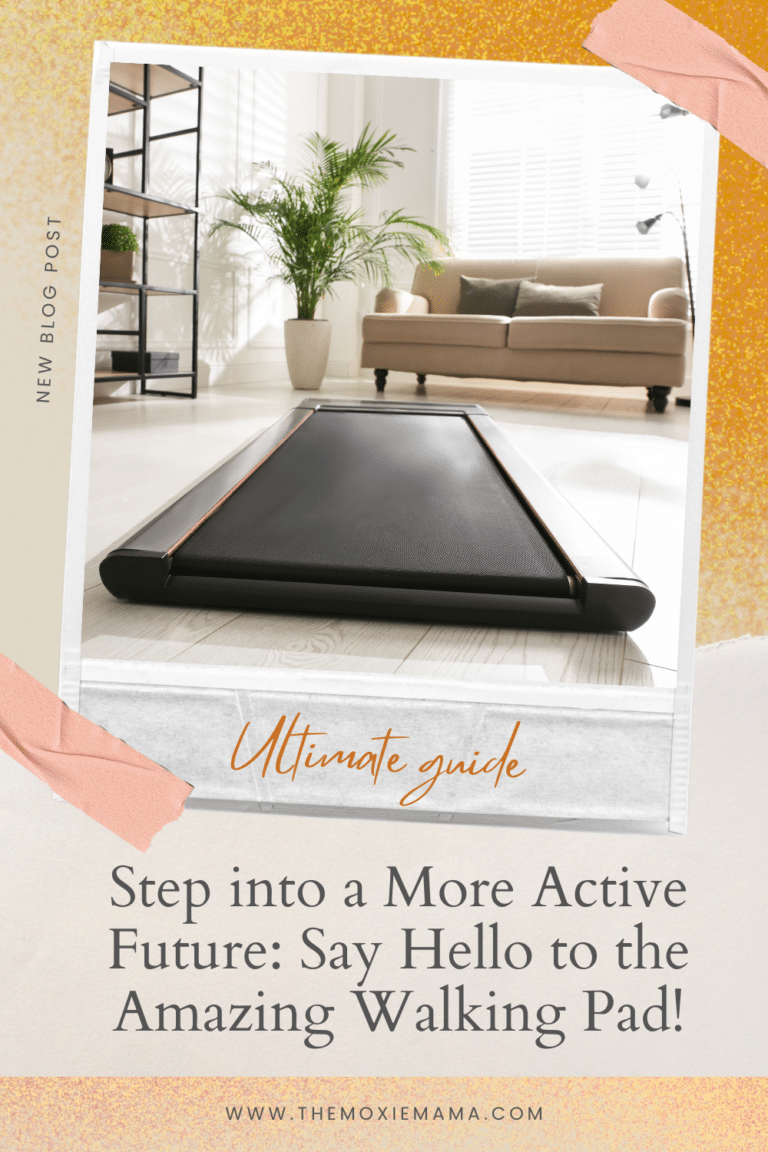
This morning, as I had my breakfast date with my daughter, I came across an article that I found surprising. I usually don’t read/watch Fox News but I found the report interesting. It stated that the novel coronavirus (COVID-19) and how long it lives on surfaces, something I hadn’t previously seen in the media.
I came home and immediately started researching more. There so much information out there, but it’s not getting out to the public. So, I thought I’d share some quick facts to help us all prepare, prevent, and prevail against this illness.
What is Coronavirus?
Coronaviruses have been around for about sixty years. The first human coronavirus was discovered in the 1960s and since, many types of human coronaviruses have been uncovered. In fact, the common cold is a type of coronavirus that commonly circulates among people.
In 2019, a new strain of the coronavirus was discovered. However, the COVID-19 virus isn’t the same as the common cold coronaviruses—it causes A LOT more severe symptoms in people that already have health issues.
How Does it Spread?
- From person-to-person.
- Between people who live and work close together (about 6 feet).
- From the droplets in a sick person’s sneezes or cough.
- It can remain in the air for up to three hours.
- It can live on surfaces A LONG time:
- On copper for 4 hours
- On cardboard for 24 hours
- On plastic and stainless steel for up to 72 hours
- May live on surfaces like metal and glass for up to nine days.
Coronavirus Symptoms
The COVID-19 symptoms appear anywhere from two days to two weeks after exposure. The symptoms include:
- Fever
- Cough
- Shortness of breath
Protect Yourself and Others
Wash your hands often. Wash your hands with soap and water for at least 20 seconds. If no water is available, use a hand sanitizer containing at least 60% alcohol.
Keep away. Avoid close contact with sick people.
Safeguard others. If you are sick, stay at home until you no longer have symptoms. Cover your coughs and sneezes with a tissue (and wash your hands after!) or wear a facemask to prevent the virus from getting into the air.
Disinfect DAILY. Clean and disinfect daily all commonly handled surfaces like doorknobs, light switches, countertops, phones, tables, toilets, and sinks.
Making Homemade Disinfecting Solutions
Stopping the spread of the coronavirus is key to reducing illness in our homes and school. According to The Journal of Hospital Infection, daily surface cleaning with ethanol, hydrogen peroxide, or sodium hypochlorite, can kill the virus.
Here are a few homemade disinfecting solutions using the guidelines from The Journal of Hospital Infection study.

Alcohol Solution
Items needed: 70% Isopropyl rubbing alcohol or grain alcohol, a quart-sized plastic spray bottle.
Preparation: To make a 70% alcohol solution, add undiluted alcohol to spray bottle.
To disinfect Clean surface of dirt, food, or dust. Saturate the surfaces with the solution. Leave on the surface for 1-3 minutes. Wipe with a disposable paper towel. Dispose of paper towel after use.
Caution: Do not mix with products containing bleach.
Hydrogen Peroxide Solution
Items needed: 3% hydrogen peroxide, quart-sized plastic spray bottle
Preparation: To make a 3% hydrogen peroxide solution, add undiluted hydrogen peroxide to spray bottle.
To disinfect: Clean surface of dirt, food, or dust. Saturate the surfaces with the solution. Leave on the surface for 1-3 minutes. Wipe with a disposable paper towel. Dispose of paper towel after use.
Caution: Hydrogen peroxide can discolor clothing and fabrics. Use discretion when using around soft surfaces.
Bleach Solution
Items needed: Household chlorine bleach (with 5.25-6.15% sodium hypochlorite), water, measuring cup, quart-sized plastic spray bottle.
Preparation: To make a 0.1% bleach solution, combine ¼ cup bleach with 3 ¾ cups water.
To disinfect: Clean surface of dirt, food, or dust. Saturate the surfaces with the solution. Leave on the surface for 1-3 minutes. Wipe with a disposable paper towel. Dispose of paper towel after use.
Caution: Bleach can discolor clothing and fabrics. Use caution when using around soft surfaces. Do not mix with products containing ammonia or alcohol.
Hopefully this information I provided can help to shed a little light on the coronavirus as well as give you practical ways to keep yourself and family safe. Leave me a message below and let me know what measures you and your family are using to stay healthy.




